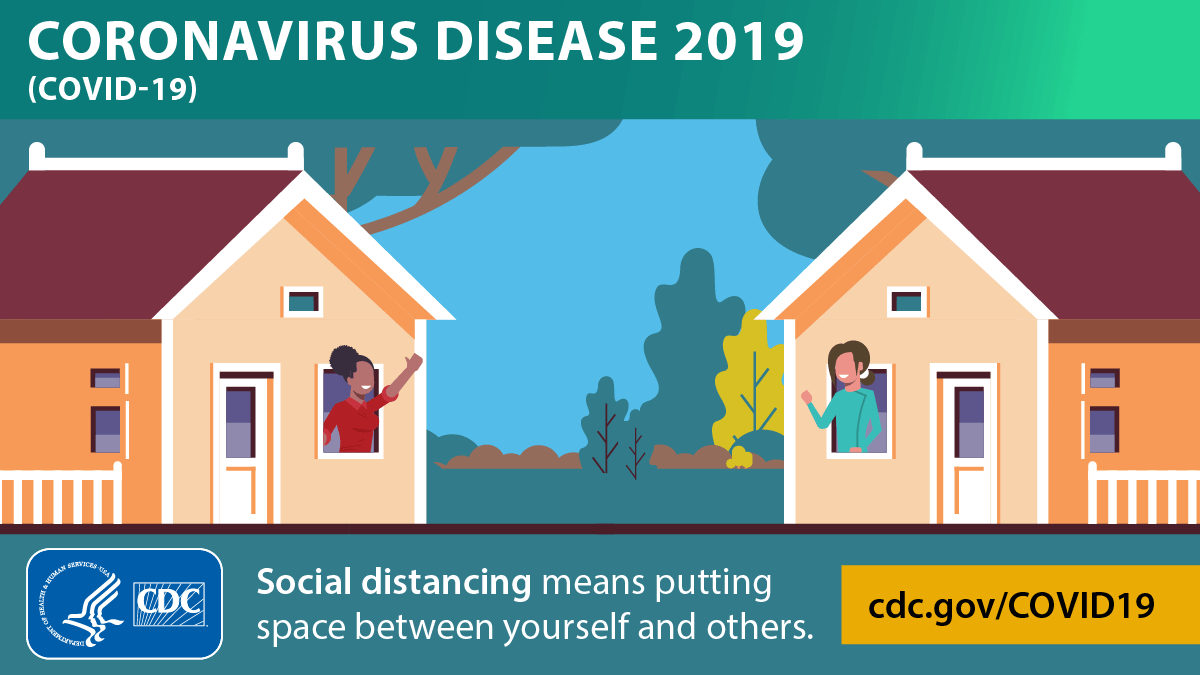|
Help |
Site Map
|
Grandparenting
AS OF APRIL 4, 2022
Background
Changes to the makeup of the U.S. Supreme Court in 2018 raise the possibility that Roe v. Wade could be severely undermined — or even overturned — essentially leaving the legality of abortion to individual states. A reversal of Roe could establish a legal path for states’ pre-1973 abortion bans, as well as currently unenforced post-1973 bans, to take effect.
Many state lawmakers continue to consider and enact abortion bans that fly in the face of constitutional standards and Roe’s precedent in anticipation of an eventual lawsuit on such a ban coming before a Supreme Court hostile to abortion rights.
Some bans prohibit abortion under all or nearly all circumstances, a tactic widely viewed as an attempt to provoke a legal challenge to Roe. Several of this type of ban that were passed by states have been blocked by court orders and would require further court action to be enforced.
Other bans enacted after Roe are designed to be “triggered” and take effect automatically or by swift state action if Roe is overturned. Several states even have laws declaring the state’s intent to ban abortion to whatever extent is permitted by the U.S. Constitution, making their desire to halt abortion access in the state clear. A few states have amended their constitution to declare that it does not contain any protection for abortion rights or allow public funds to be used for abortion.
Meanwhile, policymakers in some states have approved laws to protect abortion rights without relying on the Roe decision. Most of these policies prohibit the state from interfering with the right to obtain an abortion before viability or when necessary to protect the life or health of the pregnant person.
Visit our state legislation tracker for policy activity on all sexual and reproductive health topics.
Highlights
- 23 states have laws that could be used to restrict the legal status of abortion.
- 9 states retain their unenforced, pre-Roe abortion bans.
- 13 states have post-Roe laws to ban all or nearly all abortions that would be triggered if Roe were overturned.
- 9 states have unconstitutional post-Roe restrictions that are currently blocked by courts but could be brought back into effect with a court order in Roe’s absence.
- 7 states have laws that express the intent to restrict the right to legal abortion to the maximum extent permitted by the U.S. Supreme Court in the absence of Roe.
- 4 states have passed a constitutional amendment explicitly declaring that their constitution does not secure or protect the right to abortion or allow use of public funds for abortion.
- 16 states and the District of Columbia have laws that protect the right to abortion.
- 4 states and the District of Columbia have codified the right to abortion throughout pregnancy without state interference.
- 12 states explicitly permit abortion prior to viability or when necessary to protect the life or health of the pregnant person.
Printer-friendly version
TOPIC
GEOGRAPHY
- Northern America: United States
- Alabama, Alaska, Arizona, Arkansas, California, Colorado, Connecticut, Delaware, District of Columbia, Florida, Georgia, Hawaii, Idaho, Illinois, Indiana, Iowa, Kansas, Kentucky, Louisiana, Maine, Maryland, Massachusetts, Michigan, Minnesota, Mississippi, Missouri, Montana, Nebraska, Nevada, New Hampshire, New Jersey, New Mexico, New York, North Carolina, North Dakota, Ohio, Oklahoma, Oregon, Pennsylvania, Rhode Island, South Carolina, South Dakota, Tennessee, Texas, Utah, Vermont, Virginia, Washington, West Virginia, Wisconsin, Wyoming
Related Content
Guttmacher Policy Review
*State Policy Resources: The Guttmacher Institute monitors and analyzes state policy developments—including legislative, judicial and executive actions — on a broad range of issues related to sexual and reproductive health and rights. These resources, on such issues as access to and availability of abortion, contraceptive services and sex education, are updated regularly to provide a comprehensive picture of the state policy landscape.
The years Saturday’s graduates spent at Berkeley were marked by turmoil: days-long campus power outages, devastating wildfires that choked the air with smoke, free-speech demonstrations and national reckonings with economic inequality, police shootings, racism and anti-democratic violence. “Some of (your) most important lessons came from a real-life curriculum no one ever anticipated,” Chancellor Carol Christ told the graduates in her keynote speech. “We are living in a historic moment when everything is shifting about us in ways that will have a profound impact upon the future,” she added. “This may be a perilous time, but so, too, is it a time of creative ferment and possibility, and that is prime time for this public university and for you, our newest alumni.”
(UC Berkeley photo by Keegan Houser)
(UC Berkeley photo by Keegan Houser)
1 / 17
X
Xand… more »
Passive surveillance systems are replacing the “I’ve fallen and I can’t get up” medical alert buttons. Using artificial intelligence, the new devices can automatically detect something is wrong and make an emergency call unasked. They also can monitor pill dispensers and kitchen appliances using motion sensors. Some systems include wearable watches for fall detectionor can track GPS location. Others are video cameras that record. People use surveillance systems like Ring inside the home. They also can monitor pill dispensers and kitchen appliances using motion sensors. Some systems include wearable watches for fall detection or can track GPS location. Others are video cameras that record. People use surveillance systems inside the home. more »
Dr. Fauci: "The Omicron variant undoubtedly compromises the effects of a two-dose mRNA vaccine-induced antibodies and reduces the overall protection. However, as I showed on a prior slide, considerable protection still maintains against severe disease. The early in vitro and clinical studies that I mentioned indicate that boosters reconstitute the antibody titers and enhance the vaccine protection against Omicron. And so, finally, our booster vaccine regimens work against Omicron. At this point, there is no need for a variant-specific booster. And so the message remains clear: If you are unvaccinated, get vaccinated. And particularly in the arena of Omicron, if you are fully vaccinated, get your booster shot. Back to you, Jeff." more »
https://www.spc.noaa.gov/ ... Storm Prediction Center ... After a disaster, people want to help. To make the most of your contributions, it’s important to follow guidelines for donating and volunteering responsibly. To help survivors in Kentucky, you can donate to the Team Western Kentucky Tornado Relief Fund at http://TeamWKYReliefFund.ky.gov.
Financial contributions to recognized disaster relief organizations are the fastest, most flexible and most effective method of donating. Organizations on the ground know what items and quantities are needed, often buy in bulk with discounts and, if possible, purchase through businesses local to the disaster, which supports economic recovery.
To find a list of trusted organizations that can put your generous contributions to the best possible use, visit National Voluntary Organizations Active in Disaster. more »
|
|











